More than half of Trump voters say the nonexistent Bowling Green Massacre is proof Trump's immigration ban is necessary
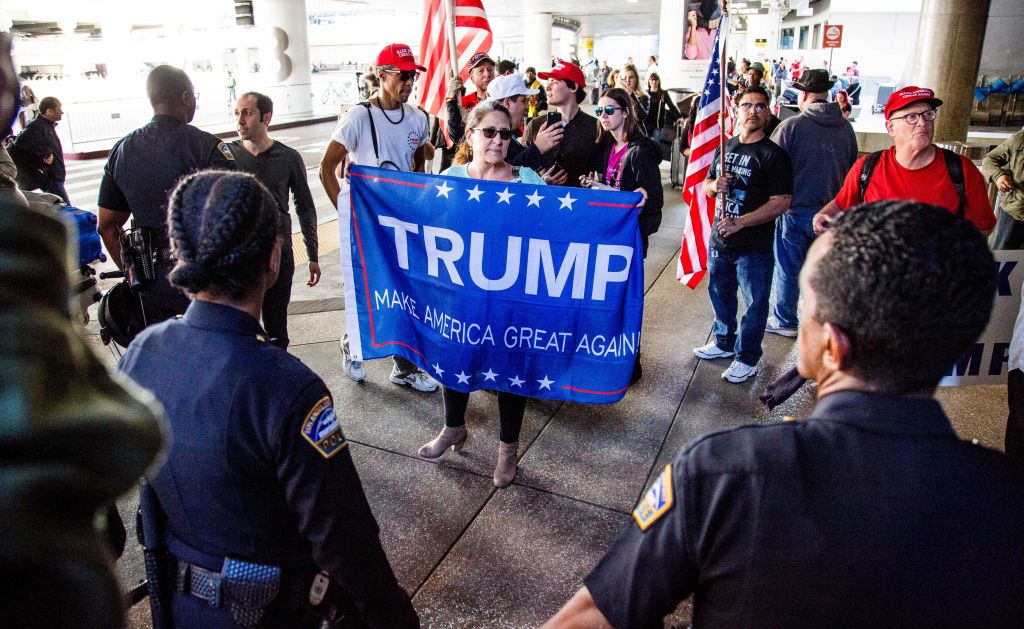

Over 50 percent of people who voted for President Donald Trump in the 2016 election say that the Bowling Green Massacre — which never occurred — is proof that Trump's ban on travelers from seven majority-Muslim countries is necessary, a new Public Policy Polling survey found. Fifty-one percent of Trump voters said the nonexistent Bowling Green Massacre was proof of the need for heightened security, while just 2 percent of Hillary Clinton voters said the same.
Kellyanne Conway has repeatedly cited the "Bowling Green Massacre" in interviews, although she later said she "misspoke." Conway had apparently intended to reference two "radicalized" Iraqi refugees who were arrested in Bowling Green, Kentucky, in 2011 for attempting to send weapons and money to al Qaeda. Though both men are serving life sentences, the FBI said that neither man was charged with "plotting attacks within the United States," nor did the men have any intent to do so.
Nevertheless, 23 percent of Americans overall say the "Bowling Green Massacre" is proof of the necessity of Trump's immigration ban, while 57 percent disagree. PPP adds that "by a 48/43 spread, voters do think that the intent of the executive order is to be a Muslim ban. And just 22 percent support a Muslim ban, to 65 percent who are opposed." Another 66 percent of voters think the ban was poorly executed, a judgment they held even before a federal appeals court ruled 3-0 on Thursday against reinstating Trump's ban.
The Week
Escape your echo chamber. Get the facts behind the news, plus analysis from multiple perspectives.

Sign up for The Week's Free Newsletters
From our morning news briefing to a weekly Good News Newsletter, get the best of The Week delivered directly to your inbox.
From our morning news briefing to a weekly Good News Newsletter, get the best of The Week delivered directly to your inbox.
The PPP poll reached 712 registered voters on Feb. 7 and 8, and has a margin of error of plus or minus 3.7 percent.
A free daily email with the biggest news stories of the day – and the best features from TheWeek.com
Jeva Lange was the executive editor at TheWeek.com. She formerly served as The Week's deputy editor and culture critic. She is also a contributor to Screen Slate, and her writing has appeared in The New York Daily News, The Awl, Vice, and Gothamist, among other publications. Jeva lives in New York City. Follow her on Twitter.
-
 6 lovely barn homes
6 lovely barn homesFeature Featuring a New Jersey homestead on 63 acres and California property with a silo watchtower
-
 Film reviews: ‘Marty Supreme’ and ‘Is This Thing On?’
Film reviews: ‘Marty Supreme’ and ‘Is This Thing On?’Feature A born grifter chases his table tennis dreams and a dad turns to stand-up to fight off heartbreak
-
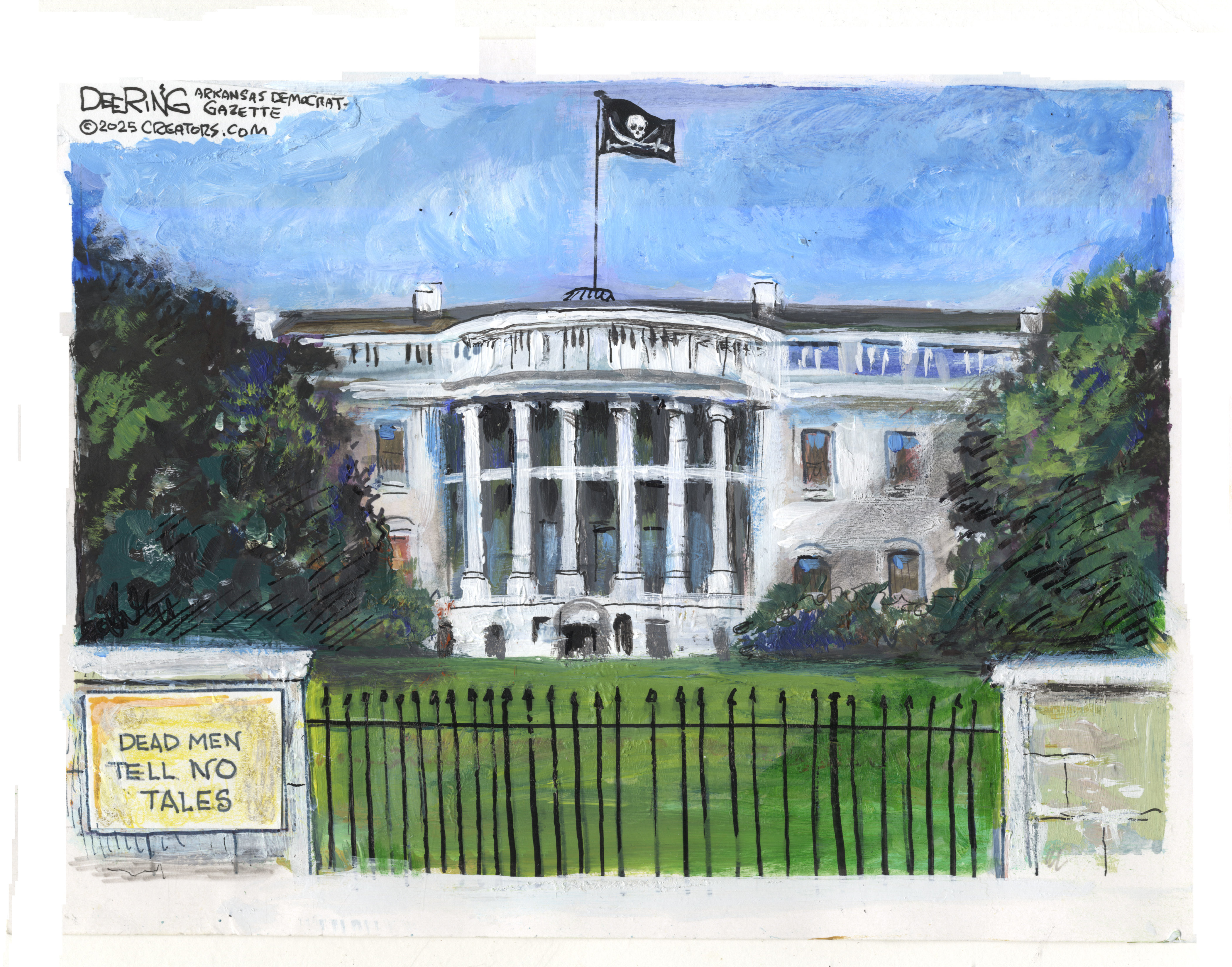 Political cartoons for December 14
Political cartoons for December 14Cartoons Sunday's political cartoons include a new White House flag, Venezuela negotiations, and more
-
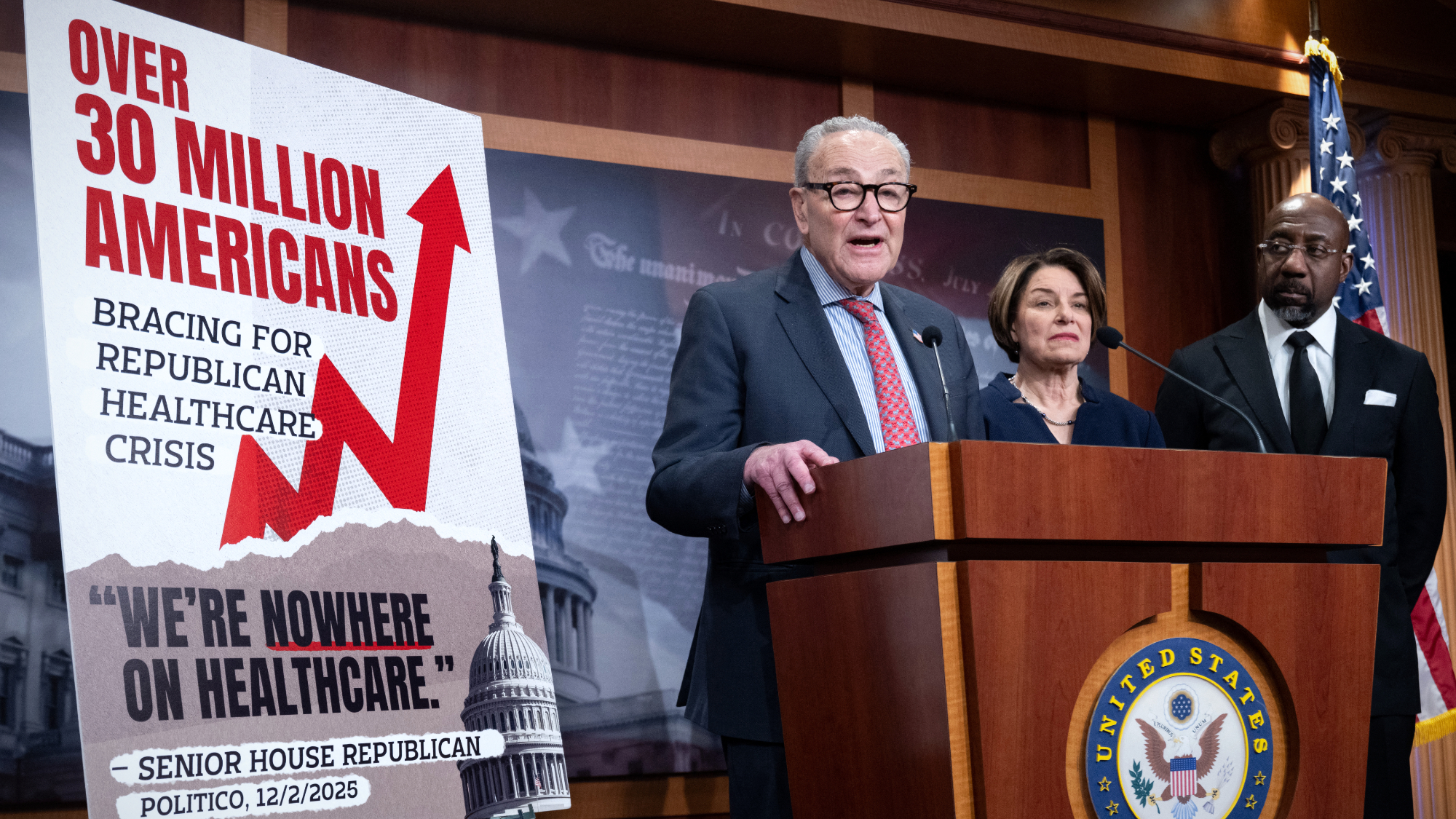 Senate votes down ACA subsidies, GOP alternative
Senate votes down ACA subsidies, GOP alternativeSpeed Read The Senate rejected the extension of Affordable Care Act tax credits, guaranteeing a steep rise in health care costs for millions of Americans
-
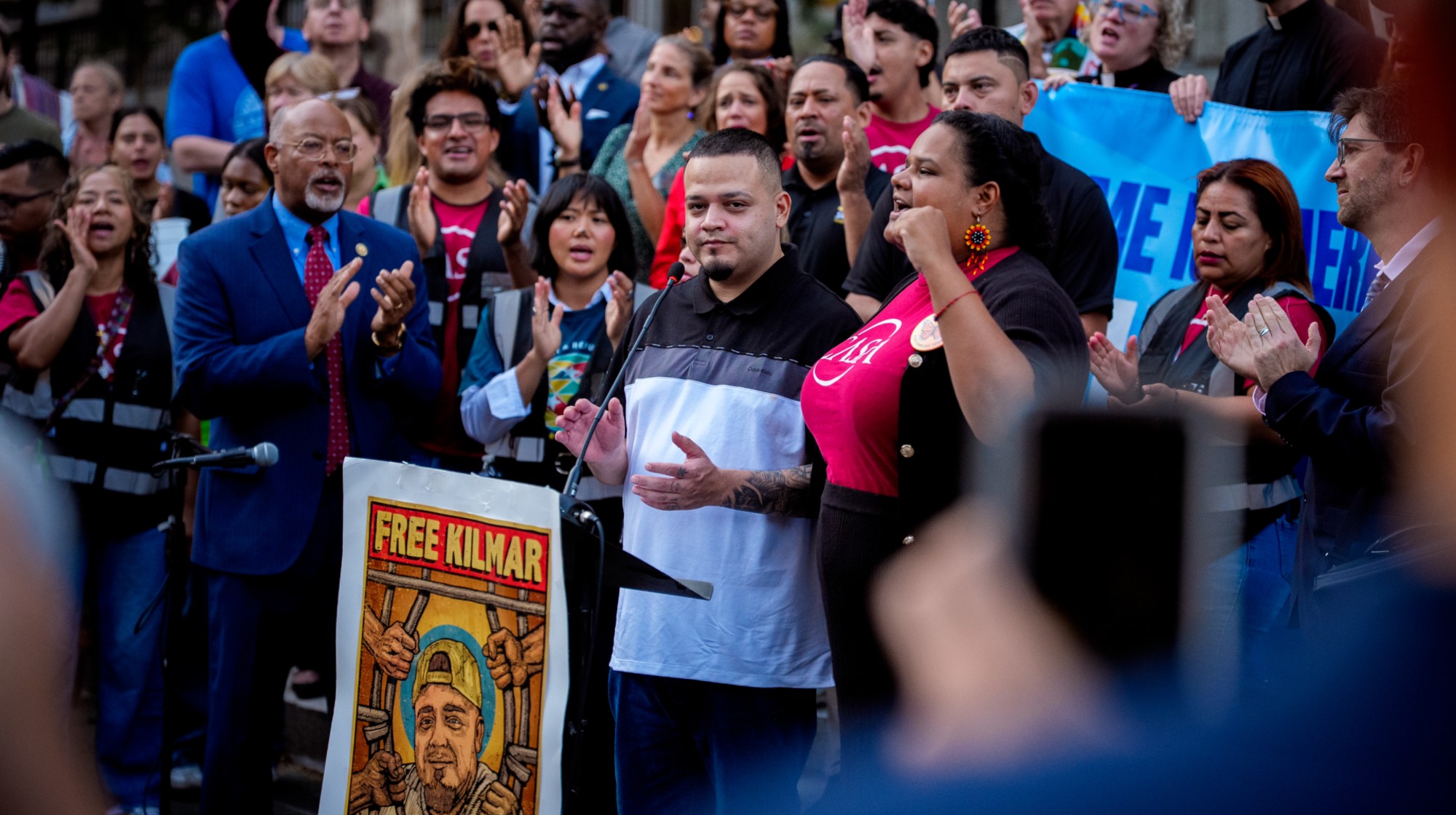 Abrego García freed from jail on judge’s order
Abrego García freed from jail on judge’s orderSpeed Read The wrongfully deported man has been released from an ICE detention center
-
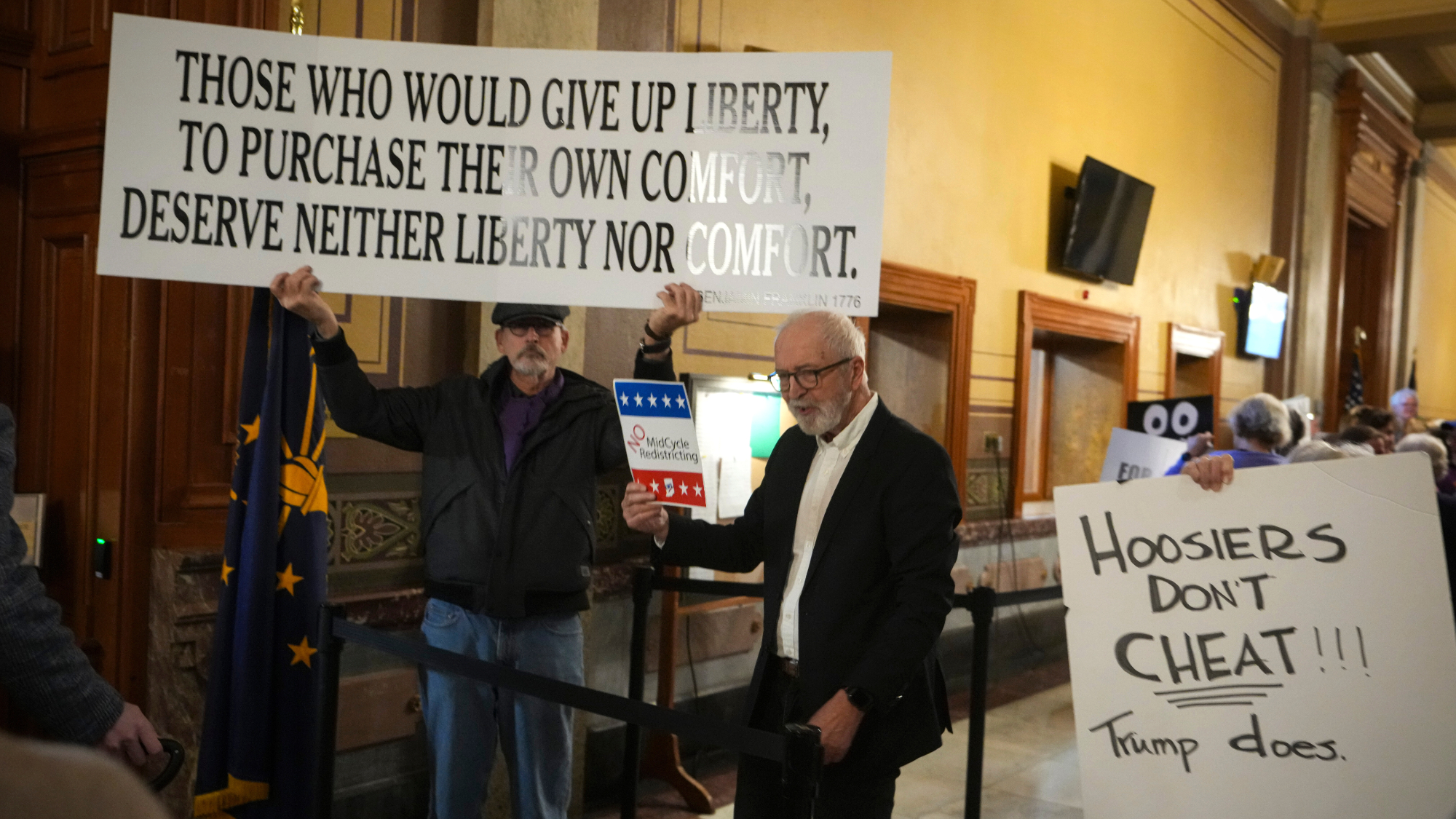 Indiana Senate rejects Trump’s gerrymander push
Indiana Senate rejects Trump’s gerrymander pushSpeed Read The proposed gerrymander would have likely flipped the state’s two Democratic-held US House seats
-
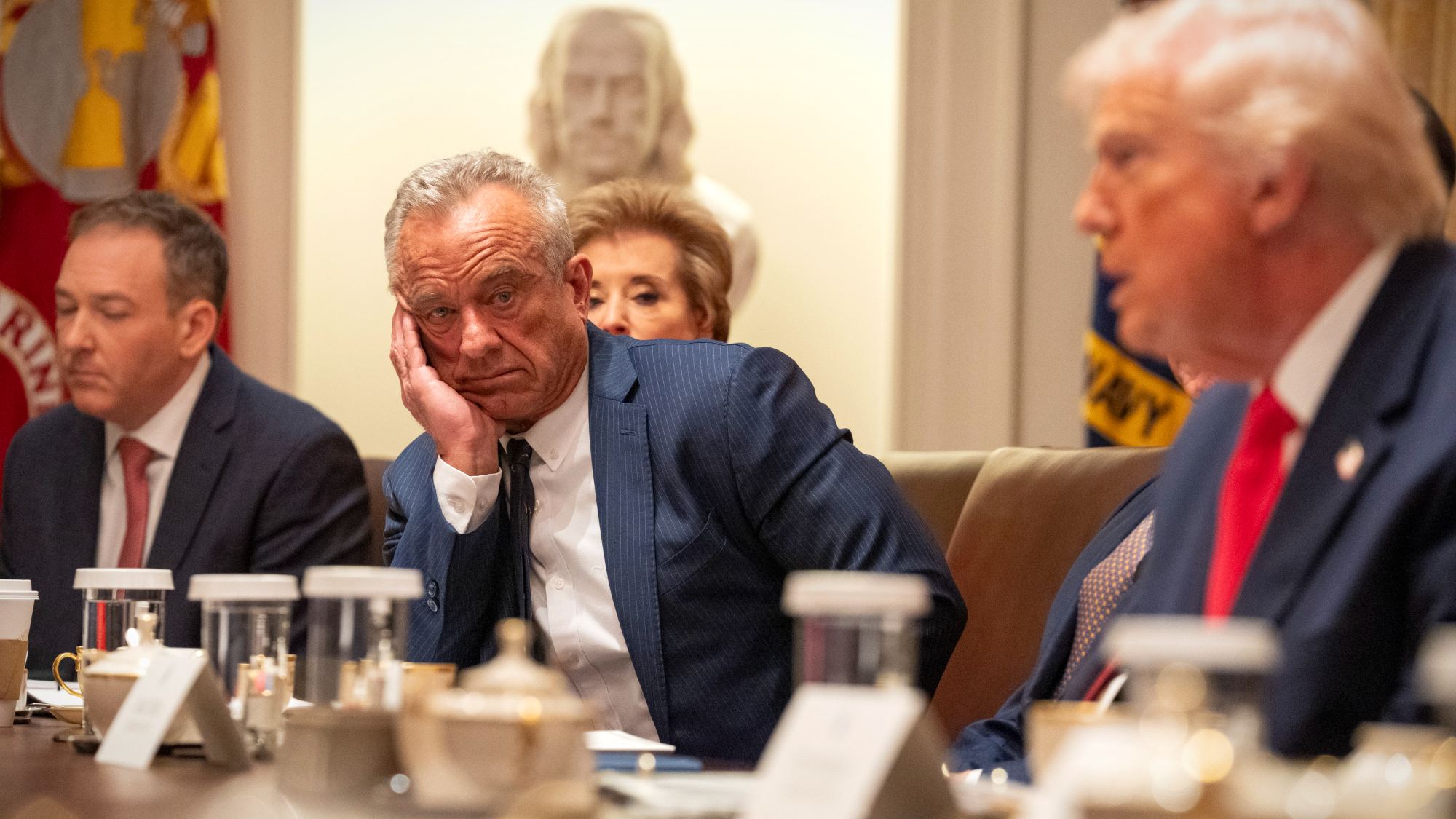 Democrat files to impeach RFK Jr.
Democrat files to impeach RFK Jr.Speed Read Rep. Haley Stevens filed articles of impeachment against Health and Human Services Secretary Robert F. Kennedy Jr.
-
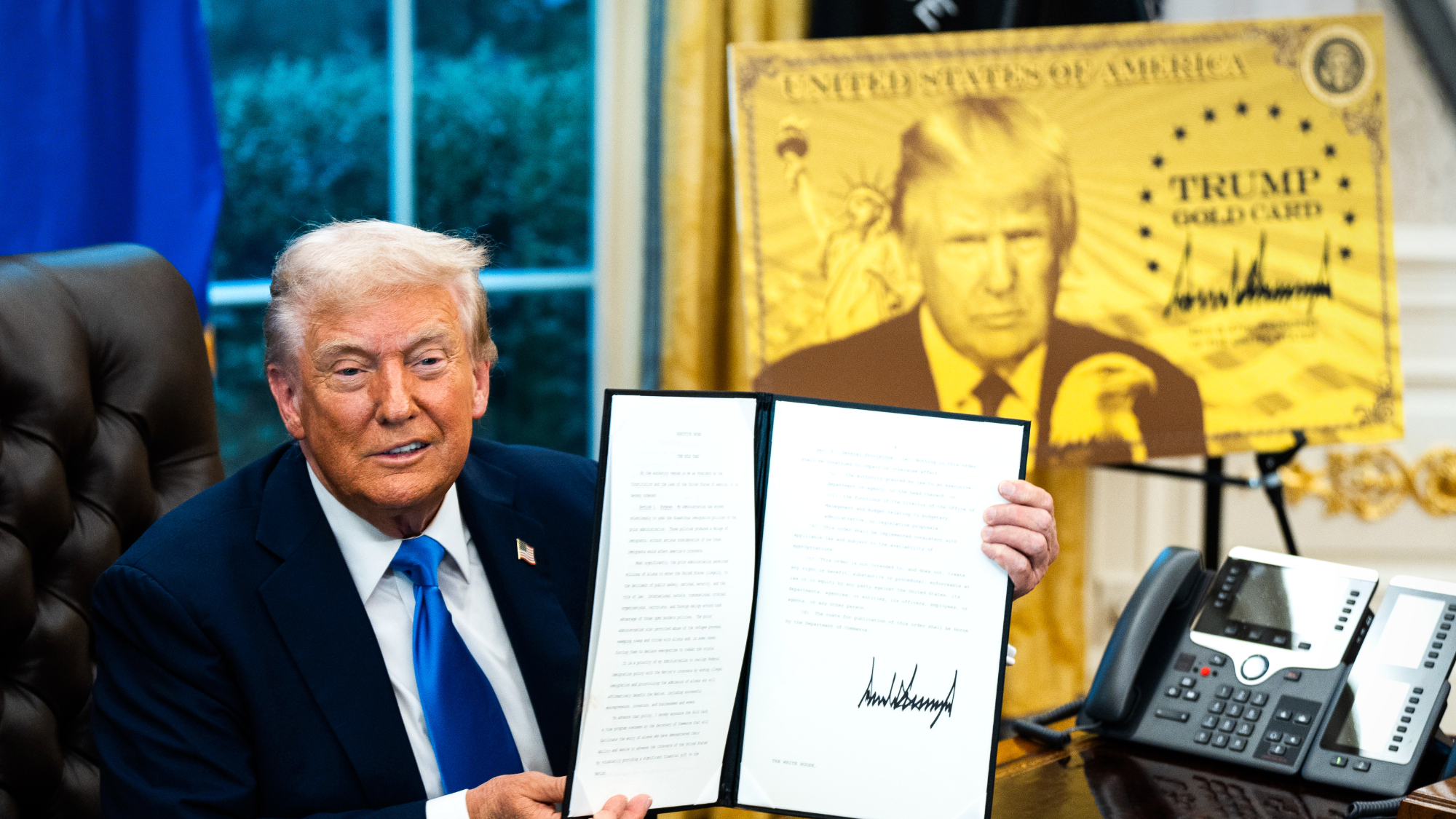 $1M ‘Trump Gold Card’ goes live amid travel rule furor
$1M ‘Trump Gold Card’ goes live amid travel rule furorSpeed Read The new gold card visa offers an expedited path to citizenship in exchange for $1 million
-
 US seizes oil tanker off Venezuela
US seizes oil tanker off VenezuelaSpeed Read The seizure was a significant escalation in the pressure campaign against Venezuelan President Nicolás Maduro
-
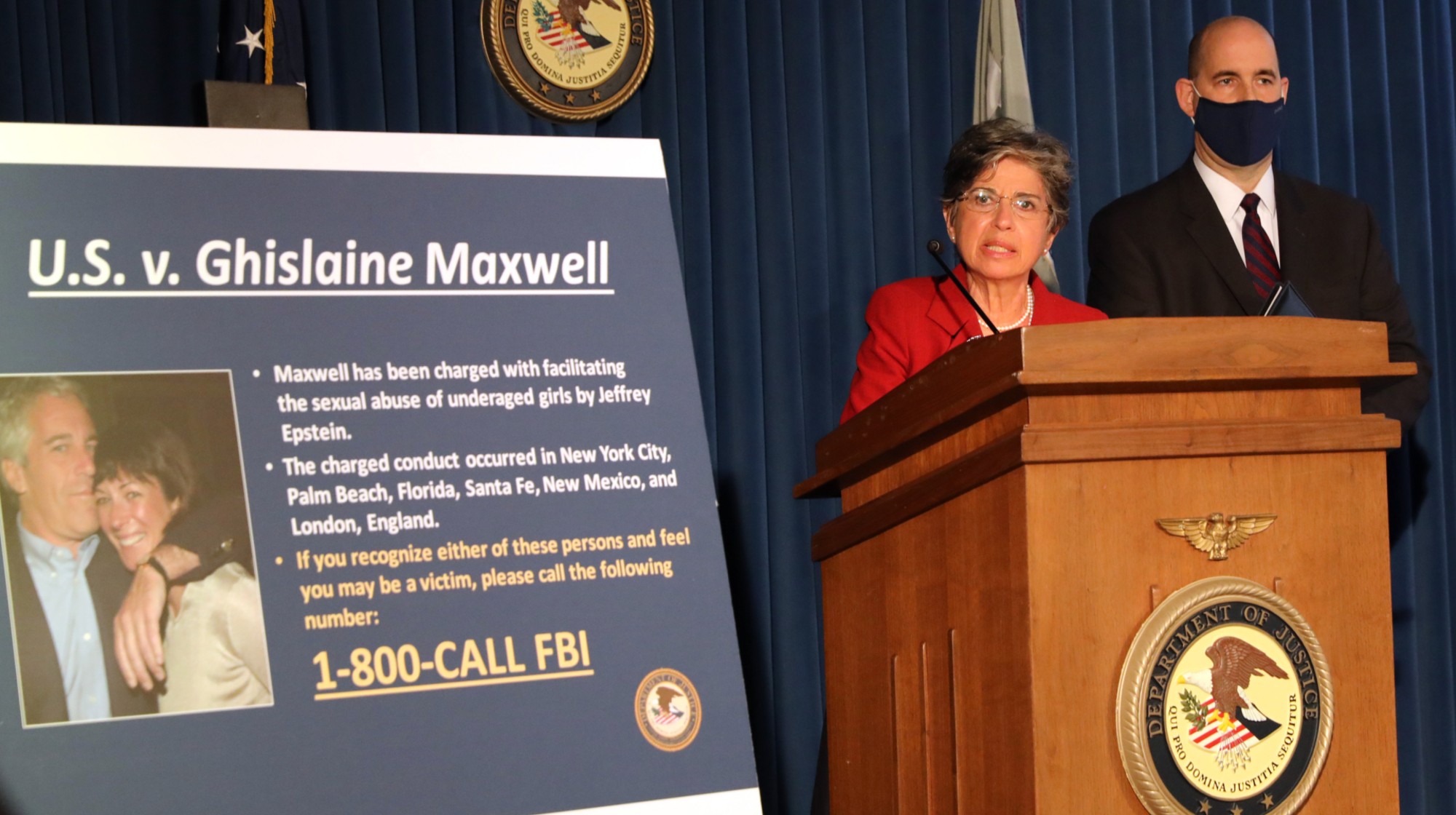 Judge orders release of Ghislaine Maxwell records
Judge orders release of Ghislaine Maxwell recordsSpeed Read The grand jury records from the 2019 prosecution of convicted sex offender Jeffrey Epstein will be made public
-
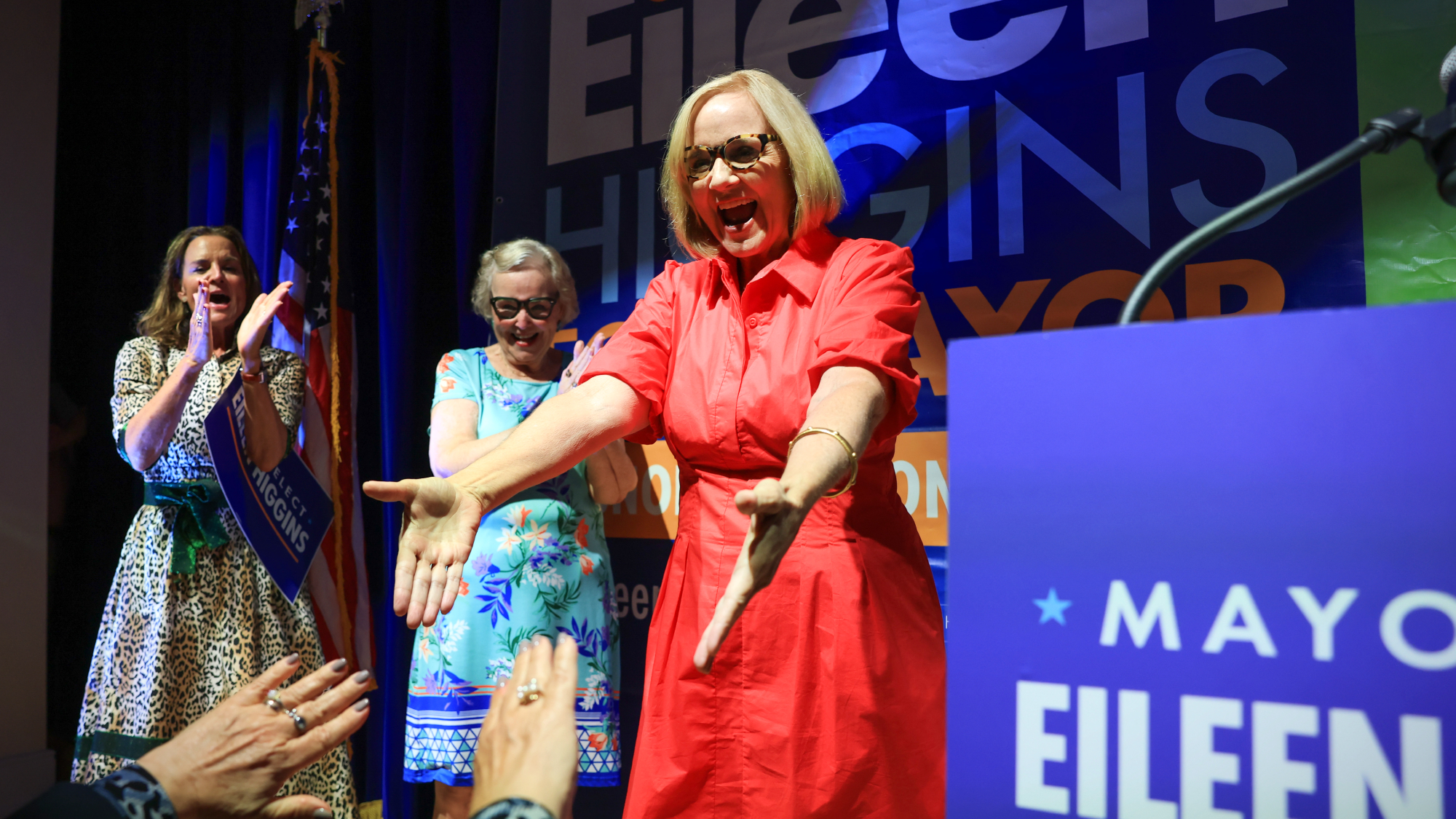 Miami elects first Democratic mayor in 28 years
Miami elects first Democratic mayor in 28 yearsSpeed Read Eileen Higgins, Miami’s first woman mayor, focused on affordability and Trump’s immigration crackdown in her campaign
